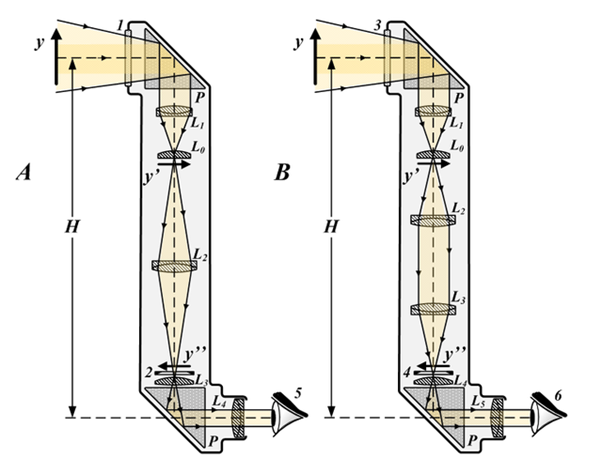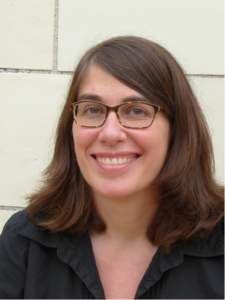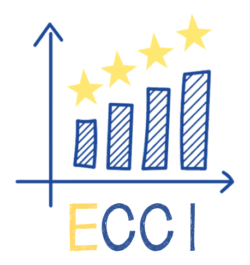24th & 25th June 2024
“Studying Up”: Methodological possibilities and pitfalls in the contemporary study of elites
Brussels

Elites do not want to have their fortunes – literal and metaphorical – shared with other people. Defined by considerable social power, yet small in number; skilled at managing public relations, but eager to insulate their private lives from unwanted scrutiny, the ‘intrusion’ typically entailed in empirical research becomes considerably more problematic when turning the sociological gaze to the top of social space.
To circumvent these challenges, researchers have had to find savvy methodological approaches. From more targeted sampling in surveys and network analyses or the use of publicly accessible archive data, to ‘confrontational’ interview techniques or ethnographic immersion among those groups that traditionally ‘serve’ elites – be these wealth managers, luxury hotel workers, or private domestic staff – those who wish to “study up” are traditionally forced to be methodologically creative.
This seminar is devoted to bringing together researchers who study elites to review and discuss the methodological challenges of “studying up”, especially at a time when those in power are becoming increasingly adept at hiding from critical scrutiny. We welcome contributions…
- … that propose or deploy novel methodological approaches in studying elites.
- … that focus on the challenges researchers have experienced in “studying up”. These could be sampling issues, interviewing from a dominated position, or more unconventional problems such as the threat of lawsuits, NDAs and self-censorship in writing.
- … that address the ethics of studying up, from covert ethnographic approaches, the vulnerability researchers encounter in powerful circles, or navigating a research ethics culture typically designed to protect vulnerable (rather than powerful) groups.
- … that focus on so-called ‘enablers’ and ‘curator groups’ – personal assistants, art-dealers, house managers, etc. – and the methodological opportunities these groups provide in studying up.
Those who are interested in participating are kindly asked to send a title and abstract (max. 250 words) of their contribution to studyingup@eucci.eu before December 15th 2023.
Since we intend for the proceedings of this seminar to form the basis of a special issue or an edited volume, we especially welcome original contributions and ‘work-in-progress’ that has not been published elsewhere.
In order to cover catering costs, we ask participants to pay a fee of €50 per day.
Keynote Speaker: Rachel Sherman
 Rachel Sherman (she/her) is Michael E. Gellert Professor of Sociology at the New School. She conducts research and teaches in the areas of social inequalities, labor, culture, social movements, and qualitative methods. She is especially interested in cultural legitimations of, and challenges to, class inequality. She is the author of Class Acts: Service and Inequality in Luxury Hotels (California, 2007) and Uneasy Street: The Anxieties of Affluence (Princeton, 2017). Her current book in progress, funded by an Andrew Carnegie Fellowship, is titled Class Traitors, and focuses on wealthy progressives trying to change the systems that benefit them economically.
Rachel Sherman (she/her) is Michael E. Gellert Professor of Sociology at the New School. She conducts research and teaches in the areas of social inequalities, labor, culture, social movements, and qualitative methods. She is especially interested in cultural legitimations of, and challenges to, class inequality. She is the author of Class Acts: Service and Inequality in Luxury Hotels (California, 2007) and Uneasy Street: The Anxieties of Affluence (Princeton, 2017). Her current book in progress, funded by an Andrew Carnegie Fellowship, is titled Class Traitors, and focuses on wealthy progressives trying to change the systems that benefit them economically.
